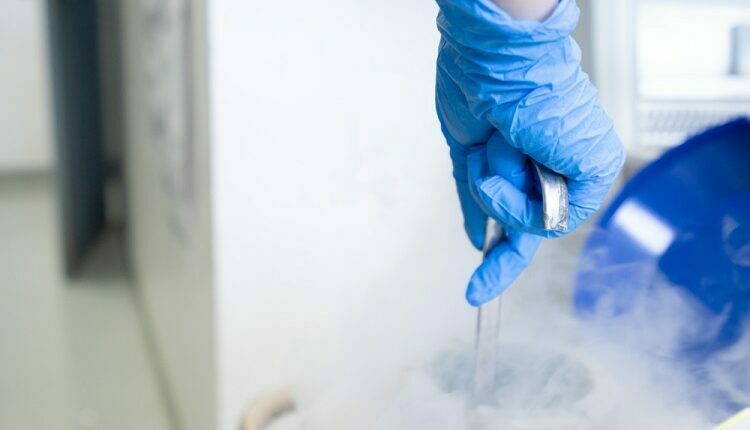A Detailed Account On Egg Freezing
Egg freezing is beneficial for women who anticipate becoming pregnant at an advanced age. It is a fertility preservation method that involves harvesting eggs from the ovaries, freezing, and storing them for future use. The chances of a successful pregnancy after egg freezing depend on the specialist’s skill. For this reason, you should work with a qualified embryologist to raise your chances of a successful pregnancy. If you consider preserving fertility, your specialist may recommend South Asian Fertility Mountain View. Besides egg freezing, other fertility preservation methods include embryo freezing. This article gives you more insight, particularly on egg freezing.
Table of Contents
When would I need egg freezing?
Egg freezing may be an option for you if you don’t want to become pregnant now and wish to preserve your fertility for the future. The procedure only uses eggs, and no sperms are required since the oocytes do not undergo fertilization before freezing. Your provider may recommend, or you may consider egg freezing if you have cancer and you need treatment such as chemotherapy or radiation therapy. These treatments can harm your fertility, but egg freezing may allow you to have biological children later in life. Other times people who wish to preserve younger eggs for future use also resort to egg freezing. If you have medical conditions that affect fertility, such as lupus or sickle cell anemia, egg freezing might help.
How do I prepare for egg freezing?
If you are considering freezing, it is best to look for a fertility clinic with skilled specialists in the field. Before the egg freezing process, your provider conducts ovarian reserve testing. The test helps determine the quality and quantity of your eggs, which is essential in determining how your ovaries will respond to fertility medication. For this test, your doctor tests the concentration of estradiol and follicle-stimulating hormones on the third day of your menstrual cycle. Your provider will also screen you for infectious diseases such as hepatitis B and C and HIV.
What are the risks?
Before proceeding with the procedure, your provider discusses the various risks involved in the process. For example, you may develop ovarian hyperstimulation syndrome, whereby your ovaries become swollen and painful soon after ovulation or egg retrieval. The above may be due to injectable fertility drugs (synthetic luteinizing hormone or follicle-stimulating hormone) used to induce ovulation. However, there is a risk of developing a severe form of a potentially life-threatening syndrome.
The aspirating needles your specialist uses to retrieve eggs may cause side effects such as infection, bleeding, and damage to the surrounding blood vessels or organs such as the bowel and bladder. While egg freezing provides hope for future pregnancy, there’s no guarantee that the procedure will be successful.
Younger women are more likely to have a successful pregnancy, unlike older women at risk of miscarriage, mainly due to having older eggs. The procedure involves three main steps; ovarian stimulation, egg retrieval, and freezing.
Consult with your specialist at NOVA IVF to learn more about egg freezing and if it is an option for you.

